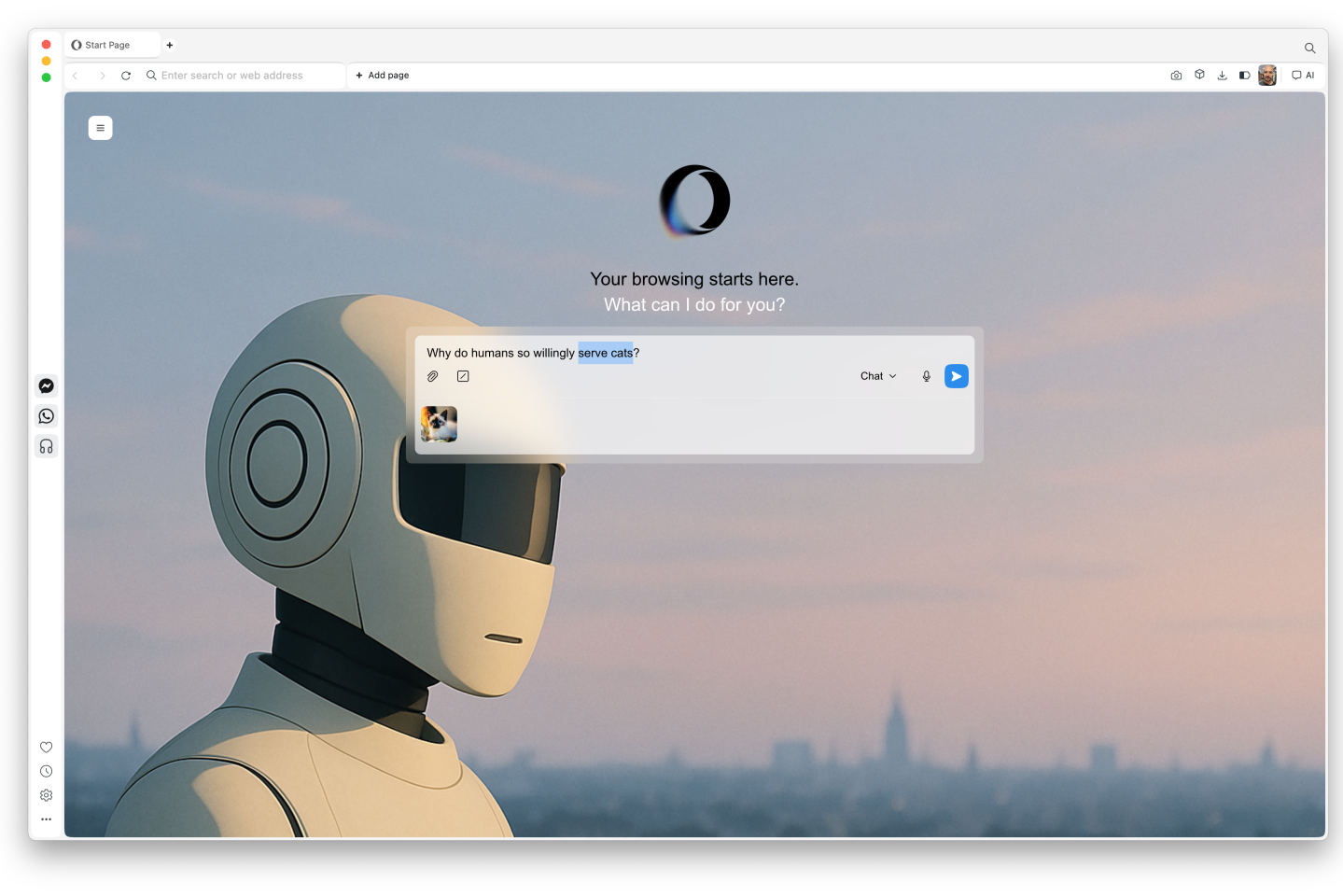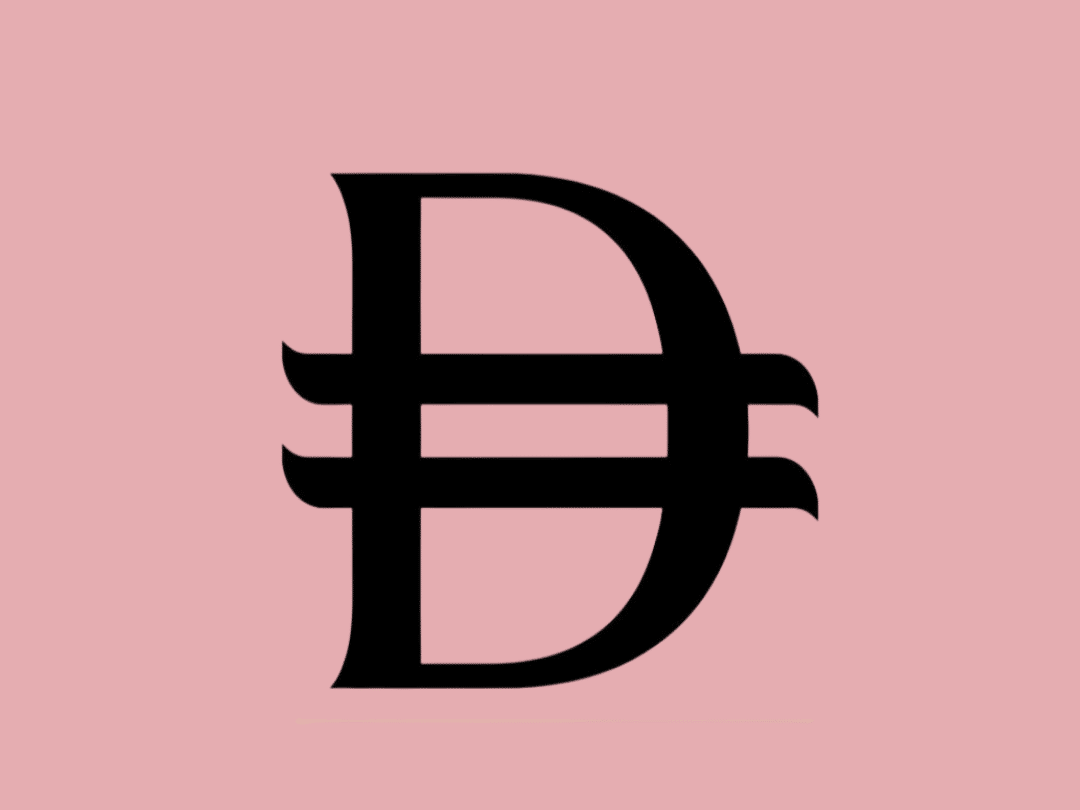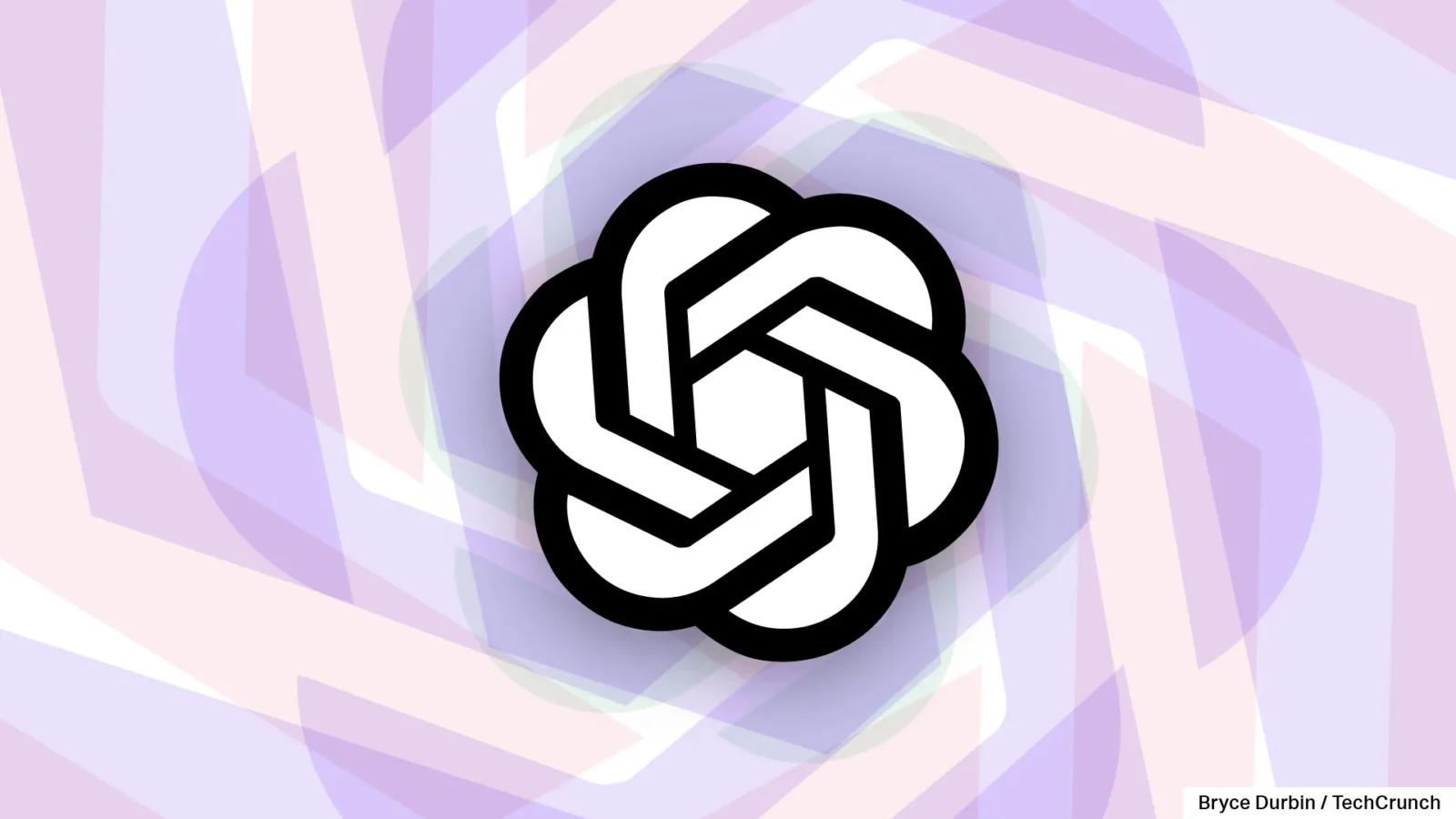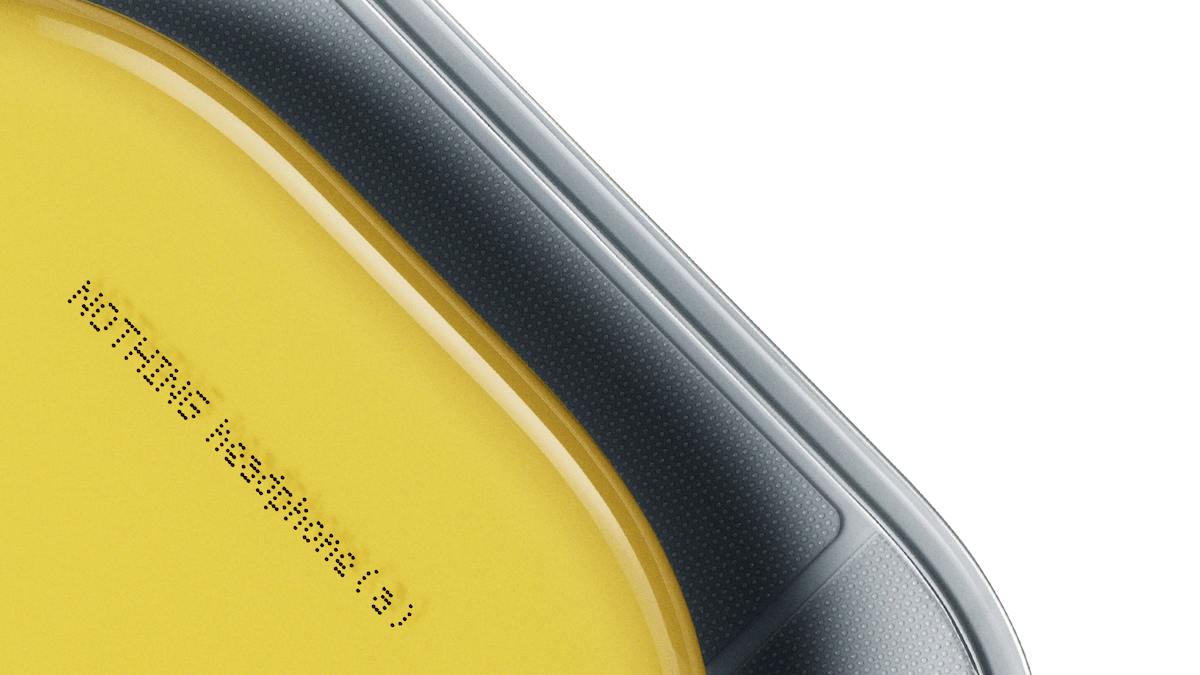Opera has begun rolling out its new AI-powered browser, Neon, but early access comes with a subscription fee of $19.90 per month. Only a limited number of users will be able to try it immediately, with others directed to join a waitlist.
First announced in May, Neon is positioned by Opera as an “agentic browser” — a platform where different built-in AI agents handle tasks that go beyond traditional web navigation. One feature, called Tasks, creates dedicated workspaces for specific activities, while another, called Do, carries out the actual browsing within those tasks. Users can also store reusable prompt instructions in Cards, effectively saving shortcuts for recurring workflows.
The company describes Neon as its vision of a next-generation browser, but it enters a space that is quickly becoming crowded. Perplexity launched its Comet browser in July, OpenAI followed with its ChatGPT Agent, and Atlassian recently acquired The Browser Company, makers of Dia. Meanwhile, Google has been integrating Gemini-enabled tools directly into Chrome, adding AI assistance without introducing an entirely new browser.
Opera’s decision to put Neon behind a monthly paywall from the start sets it apart, especially in a market where rivals are offering AI features free of charge, at least initially. How much value users will see in paying nearly $20 a month for a browser will depend on whether Neon’s task-oriented agents prove genuinely more useful than AI add-ons in existing platforms.
The move also raises questions about adoption. Opera has long been a niche browser compared to Chrome, Safari, and Edge, but it has cultivated a loyal audience through experimental features. Neon may be another attempt to carve out a distinctive identity — though its subscription model could limit its reach unless the AI tools demonstrate clear advantages over free alternatives.







